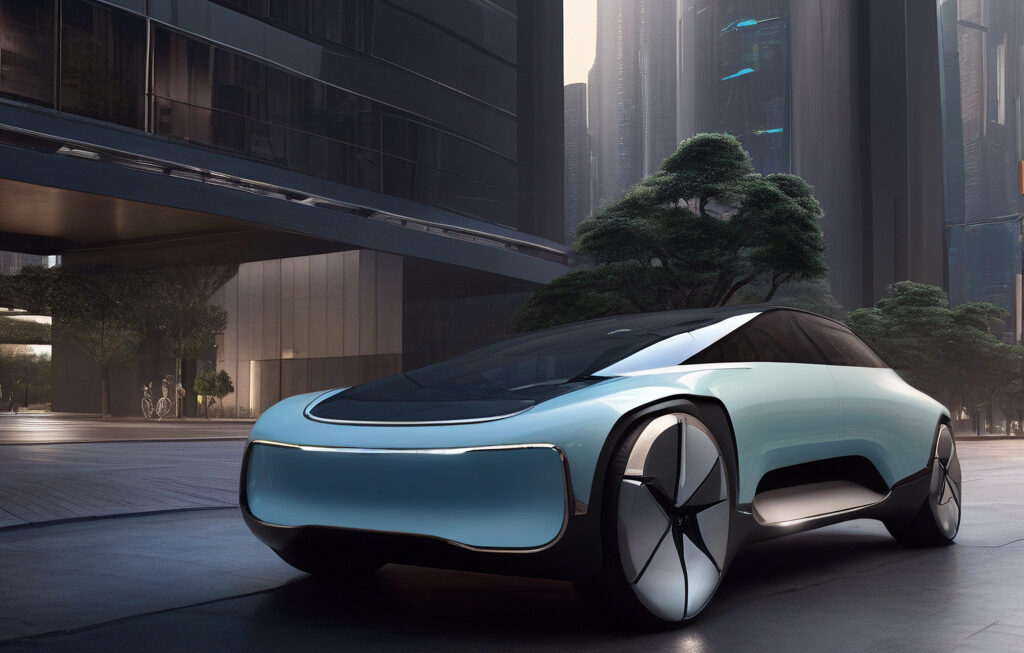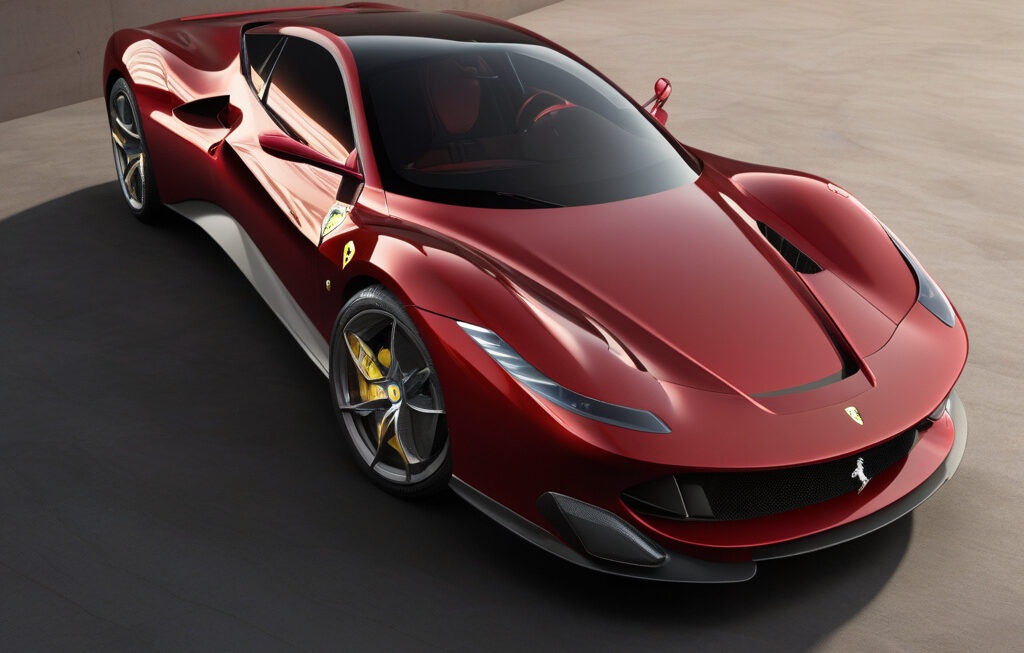US’ New Battery Technology Gives 500% EV Charging Speed Boost in Freezing Temperature
University of Michigan engineers have developed a modified manufacturing process for electric vehicle (EV) batteries that could revolutionize the way we charge EVs, especially in cold weather conditions. The new battery technology promises a 500% increase in charging speed even in freezing temperatures, addressing a significant challenge faced by EV owners in colder climates.
Traditional lithium-ion batteries tend to suffer from reduced efficiency and slower charging rates in cold weather, making it inconvenient for EV drivers, especially during winter. However, the innovative approach taken by the University of Michigan engineers could change the game for the EV industry. By modifying the manufacturing process of the batteries, they have been able to enhance the performance of the batteries significantly, even in sub-zero temperatures.
The key to this breakthrough lies in the way the batteries are designed and constructed. The engineers have found a way to optimize the internal structure of the batteries to improve their conductivity and efficiency in cold weather. This means that EV owners will no longer have to worry about long charging times or range anxiety when driving in freezing temperatures.
One of the most exciting aspects of this new battery technology is its potential to accelerate the adoption of electric vehicles in regions with cold climates. By eliminating one of the major pain points of EV ownership in cold weather, more consumers may feel confident in making the switch to electric. This, in turn, could help reduce greenhouse gas emissions and combat climate change more effectively.
Moreover, the increased charging speed offered by the new battery technology could have a ripple effect on the EV charging infrastructure. With faster charging times, EV charging stations could serve more customers in a shorter amount of time, improving the overall convenience and accessibility of electric vehicle charging.
In addition to its practical benefits, the new battery technology also highlights the importance of ongoing research and innovation in the field of sustainable transportation. As the demand for electric vehicles continues to rise, advancements in battery technology will play a crucial role in shaping the future of transportation and reducing our reliance on fossil fuels.
While the new battery technology is still in the development stage, the promising results from the University of Michigan engineers suggest that we could soon see significant improvements in EV performance, particularly in cold weather conditions. As researchers continue to refine and optimize the technology, the day when EV drivers can enjoy fast and efficient charging regardless of the temperature may be closer than we think.
In conclusion, the University of Michigan’s groundbreaking work on enhancing EV battery performance in freezing temperatures marks a significant step forward in the journey towards a more sustainable and efficient transportation system. With the potential to revolutionize EV charging speeds and accessibility, this new battery technology could pave the way for a greener and more electrified future on the roads.
electric vehicles, battery technology, cold weather, sustainable transportation, EV charging infrastructure












